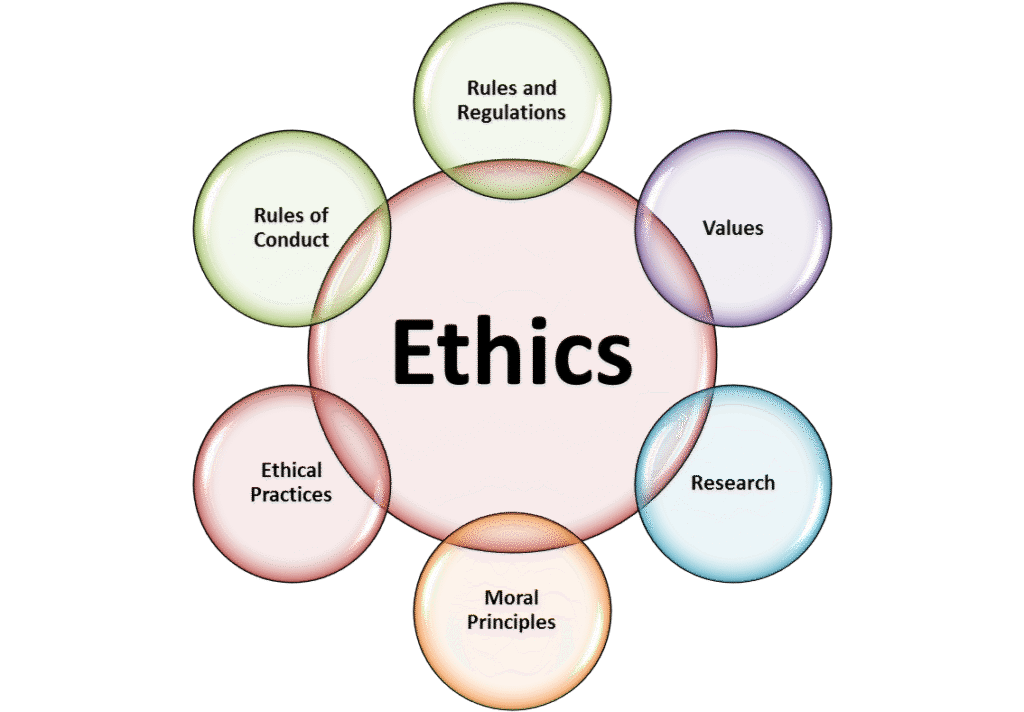Research is an organised and methodical search for knowledge, which is necessary for progress in almost every area of human endeavour. Research is what leads to new discoveries, new ideas, and making smart choices in fields like science, technology, social sciences, and the humanities. It helps civilisations solve tough challenges, make life better, and push the boundaries of what we know. At its core, research is a mental journey that includes asking tough questions, gathering evidence, and doing careful analysis to find facts or come up with new ideas.
Research as a formal subject has its roots in the past, with people like Sir Isaac Newton establishing the groundwork through empirical experience and thinkers like Francis Bacon formalising the scientific method. As time has gone on, has become a complex activity that includes many different methods and goals in domains including medical, engineering, sociology, and artificial intelligence.
The Essence and Varieties of Research
Research can be broadly divided into basic and applied categories. Basic focuses on expanding theoretical knowledge without immediate practical applications. It is motivated by curiosity and the quest for understanding phenomena. A classic example is the early work in quantum mechanics, which initially seemed abstract but later revolutionised technology, from semiconductors to MRI machines. Applied research, conversely, targets real-world problems and seeks practical solutions.
Such work includes the development of renewable energy technologies, public health strategies, and new software algorithms. Both types of research are interdependent; basic fuels innovations, while applied research tests and implements these ideas in society. Methodologically, it is often classified as qualitative, quantitative, or mixed methods. Quantitative research emphasises measurable data, statistical analysis, and hypothesis testing. It is common in disciplines like epidemiology, economics, and physics. Qualitative research explores human experiences, social behaviours, and cultural phenomena through interviews, ethnographies, and content analysis, and it is essential in anthropology, psychology, and education. Mixed-method combines these approaches to provide a fuller picture of complex issues.
The Research Process: From Question to Knowledge
The research journey begins with the identification of a clear, focused question or problem. This initiates a comprehensive review of existing literature to understand current knowledge and gaps. The formulation of hypotheses or objectives follows, guiding the selection of appropriate methods and tools. Data collection ensues, which can involve experiments, surveys, observations, or secondary data analysis.

Subsequent data analysis employs statistical techniques, coding frameworks, or computational models depending on the research design. Modern tools such as R, Python, and NVivo have transformed data analysis, enabling researchers to handle vast datasets with accuracy and efficiency.Publishing and dissemination are vital to impact. Peer-reviewed journals such as Nature, Science, and The Lancet serve as authoritative platforms, ensuring the reliability and credibility of findings. Conferences and digital repositories broaden access and foster collaboration, which is essential for cumulative knowledge growth.
Technologies Shaping the Future of Research
Digital transformation has profoundly influenced methodologies and dissemination. Big data analytics, cloud computing, and artificial intelligence enable researchers to analyse complex datasets at unprecedented speeds and scales. Machine learning models, for instance, assist in predicting epidemics or optimising supply chains. Tools like Google Scholar, Semantic Scholar, and open-access repositories like PubMedCentral democratise information access, allowing scholars worldwide to stay abreast of developments and build upon existing studies. Additionally, open science initiatives promote transparency by encouraging data sharing and reproducibility, addressing concerns about research integrity. Citizen science projects, where non-experts contribute to data collection and analysis, exemplify how technology bridges gaps between researchers and the public. Platforms like Zooniverse engage global communities in tasks like classifying galaxies to monitoring wildlife, enriching datasets and fostering scientific literacy.
Ethical Dimensions and Challenges
Ethical conduct underpins the legitimacy and societal trust in . It mandates respect for participant rights, informed consent, confidentiality, and honest reporting. Institutional Review Boards (IRBs) scrutinise research proposals to safeguard participants, especially in studies involving vulnerable populations or sensitive data.

Historical abuses, such as the Tuskegee Syphilis Study, highlight the importance of ethical vigilance. Current guidelines extend to emerging fields like genetic engineering and AI, where privacy, bias, and unintended consequences are critical concerns. The ecosystem also faces challenges like publication bias, replication crises, and inequities in funding. Predatory journals undermine academic rigour by prioritising profits over quality. Addressing these issues requires systemic reforms, including open peer review and equitable resource allocation.
The Societal Impact of Research
Research shapes public policy, education, and economic growth. During crises such as the COVID-19 pandemic, rapid research on virology, epidemiology, and vaccine development proved vital in mitigating impact and informing government responses. Institutions like the World Health Organisation and the Centres for Disease Control and Prevention rely heavily on reliable research outputs.
Interdisciplinary research, which integrates knowledge from diverse fields, is increasingly necessary to solve complex challenges like climate change, sustainable development, and social inequality. For example, climate science combines meteorology, economics, sociology, and political science to formulate comprehensive solutions. Communicating research effectively is as important as conducting it. Science communicators and journalists translate technical findings into accessible language for policymakers and the public. Notable figures, like Carl Sagan and Neil deGrasse Tyson, have popularised science by enhancing public engagement and support for research endeavours.
Final thoughts
OOne common question is what distinguishes research from regular investigation. ULike casual enquiries, research is systematic, reproducible, and grounded in theoretical frameworks. AAnother frequent query concerns the various types of research methodologies, which differ based on specific objectives and disciplinary traditions.
PPeople also enquire about how to access academic for free; numerous reputable open-access journals and repositories are available to ensure broad availability. Ethical considerations in remain a top concern, with strict guidelines safeguarding participant welfare and data integrity.


















